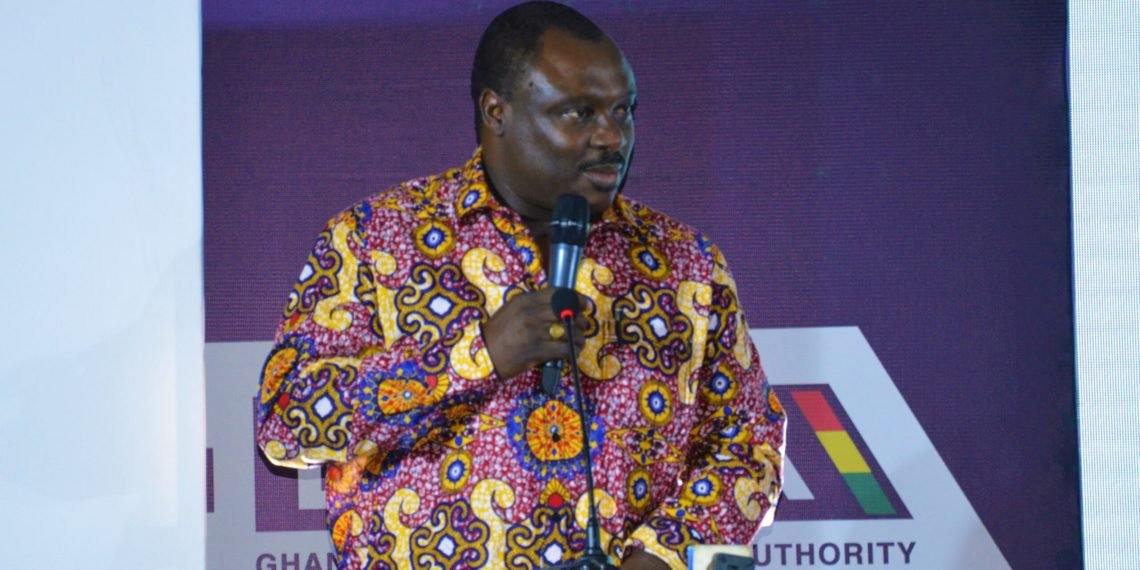The Deputy Minister of Trade and Industry, Robert Ahomka-Lindsay has described the passage of the Ghana Enterprises Agency Bill as an opportunity to formalize the operation of businesses which are largely informal.
According to him, the move will help government understand the challenges that MSMEs are bedeviled with.
“So the new agency’s focus will be linked directly to the MSMEs’ strategy. A number of activities with the MSME strategy, one of it is to formalize a huge aspect of our industry and our businesses that are informal. So we must help them become formalized but we’re not doing this because it’s a nice physiology. We’re doing this because we know that if we formalize businesses, it makes it easier to have policies that impact them.
“It makes it easier for us to understand the challenges that they [MSMES] are facing so that we as government can put policies in place to support them. So, one of the key aspects of that is helping them formalize. Another that seems very simple is the definition of what is small, what is micro, what is medium enterprises, real definition and that definition is not static. If you look at what is a small enterprise in USA or Germany, we’re not going to be in the same place today but we’ll get there with time”.
The Executive Director of the National Board for Small Scale Industries (NBSSI), Kosi Yankey-Ayeh, on her part noted that, plans are far advanced to formalize the small and medium scale enterprises by digitalizing their operations.
Speaking at the second edition of the 2020 Ghana Women Entrepreneurship Summit, she revealed some funds have been secured for about 500 MSMEs to help move their start-ups onto a digital platform.
“To date, the CAP Business Support has given support to over 200,000 beneficiaries, 70% of them are women. I remember very well the Deputy Minister [Robert Ahomka-Lindsay] at the launch said without fear or favor and we are very happy to say that majority of the people we gave to [loan] or actually all the 200,000 people…we barely know all of them but we’re very happy about the decisions we’ve made and it’s all because your voices were transformed into action”.
Mrs. Yankey-Ayeh, further told the media that changes within her outfit were dictated by the growing obligations of the Board and the mounting needs of industries.
“It’s very important to note that COVID-19 brought to light a lot of the sectors that we had overlooked many times in the work we do. There’s trade, and there’s industry and then enterprises, and under the enterprises, come all cross section sectors of the work we did, which is something we never used to look at when we were working as NBSSI. Now, this new agency is bigger than we think. It looks not only at Micro and small (scale businesses). The NBSSI, really focused more on the Micro and small and did not look at medium and really, the trajectory improvements on these businesses and this new Act looks at it.
“There’s also a strong component of funding which the old Act did not look at. There’s an SME fund that is part of what this act is supposed to look at, because the foundation and the fundamentals of the work we’ve been doing and what we realize was that one of the biggest challenges has been access to finance”.





















